System Design
Professor Paul Pangaro
Cybernetics & Conversations and Interaction expert
Professor of Practice, Human-Computer Interaction Institute in the School of Computer Science here at CMU
I want an intersection of design, humanities, and theory to generate richer human interactions, with technology and without. I have sought, studied, and contributed explanatory models of interaction that aid understanding of human-to-human and human-with-machine conversation. These models have proved valuable for teaching design, writing code, evolving organizations, and proposing new methods for the design process itself. Framing situations as systems that are animated by social actors leads unavoidably to ethics. I am committed to defining minimal axioms for design that bound ethical and humane interactions.
I have taught systems and cybernetics to designers — specifically, how to model interaction and conversation to aid the design of products and services. This began for Terry Winograd in his Human-Computer Interaction program at Stanford University from 2001 through 2007 and then from 2010 through 2014 at School of Visual Arts MFA Interaction Design program in New York City. In 2015 I was recruited to chair the MFA Interaction Design program at the College for Creative Studies in Detroit, where I was charged with defining a curriculum for 21st-century interaction design careers and raising the program’s quality and visibility. In January of 2019 I joined the Human-Computer Interaction Institute in the School of Computer Science here at CMU.
Source.
Dr Alexander Komashie
System Designer, Senior Research Associate, Engineering Design Centre
Department of Engineering and THIS Institute Postdoctoral Interdisciplinary Fellow
The NHS and other health systems in the developed world have made great progress in health technology and diagnostics. But if you have excellent clinicians, medication and technology in a badly designed system, patients are likely to have bad experiences. I seek a better understanding of how healthcare delivery services operate as a system and then work out how to design them effectively using an engineering systems approach. My PhD, in part, looked at ways of improving patient experience of care delivery without compromising the experience of staff.
I arrived in England in 2002 to do my Master’s degree in Advanced Manufacturing Systems in London. I had a passion for mechanical engineering design but in one lecture I heard Dr Ali Mousavi declare that “Systems Engineers should run the government. We should make the big decisions”. I was taken aback and by the end of the day, I had said goodbye to mechanical engineering and embraced systems engineering.
Source.
Academic Scientists / Researchers
Professor Anita Thapar
Professor, Division of Psychological Medicine and Clinical Neurosciences
"We are developing new interventions to support young people and families where a parent suffers from depression."
Professor Anita Thapar heads the academic Child & Adolescent Psychiatry section at the Division of Psychological Medicine and Clinical Neurosciences, Cardiff University and also directs the developmental disorders group within the MRC Centre for Neuropsychiatric Genetics and Genomics. Her research focuses primarily on childhood neurodevelopmental disorders and increasingly the natural history into adult life but she is also involved in work on adolescent depression and preterm birth.
Anita trained in Medicine, Psychiatry and Child and Adolescent Psychiatry in Cardiff and South Wales. She became the first Professor in Child and Adolescent Psychiatry in Wales in 1999 and developed research, teaching and a specialist clinical service.
Anita was awarded a CBE for services to Child and Adolescent Psychiatry in 2017, the President’s Medal from the Royal College of Psychiatrists in 2015 for contributions to policy, public knowledge, education and meeting population and patient care needs and the Ruane Prize 2015 from the Brain and Behaviour Research Foundation, USA for outstanding Child & Adolescent Psychiatric research. She has trained and continues to train and mentor many NHS professionals and researchers in child and adolescent mental health and has been involved in a number of public engagement activities to tackle stigma on ADHD and mental health.
Source.
Professor Tim Spector
Tim is a Professor of Genetic Epidemiology and Director of the TwinsUK Registry at Kings College, London and has recently been elected to the prestigious Fellowship of the Academy of Medical Sciences. He trained originally in rheumatology and epidemiology. In 1992 he moved into genetic epidemiology and founded the UK Twins Registry, of 13,000 twins, which is the richest collection of genotypic and phenotypic information worldwide. Together with an international team of leading scientists including researchers from King’s College London, Massachusetts General Hospital, Tufts University, Stanford University and nutritional science company ZOE he is conducting the largest scientific nutrition research project, showing that individual responses to the same foods are unique, even between identical twins. You can find more on https://joinzoe.com/ He is a prolific writer with several popular science books and a regular blog, focusing on genetics, epigenetics and most recently microbiome and diet (The Diet Myth). He is in demand as a public speaker and features regularly in the media.
Source.
Dr Zoë Harcombe
Zoe is a PhD researcher, author and public speaker in the field of diet and health. She is @zoeharcombe on Twitter. Particular areas of interest/expertise are public health dietary guidelines. "The question that baffled and fascinated me, from my teenage years until my mid 20s, was “Why do you overeat? When all you want is to be slim”. This became the title of her book in 2004 (revised 2013) book, "which is still unique in explaining physical reasons for overeating and how to overcome these".
Her report Evidence from prospective cohort studies did not support the introduction of dietary fat guidelines in 1977 and 1983: a systematic review,” stipulates that the war on fat was a wrong direction in population diet. It came from the assumption that high cholesterols impacted heart disease. Fat was replaced by carbohydrates. Harcombe sees this shift in diet as the reason for a peak in obesity over the past 30 years.
Source.
Trust Funds
Professor Miranda Wolpert MBE
Miranda is professor of evidence-based practice and mental health at University College London.
She was made a Member of the Order of the British Empire in the 2017 New Year Honours for her work on young people's mental health. She is Director of Mental Health at the Wellcome Trust.
Professor Miranda Wolpert heads up the Mental Health Priority Area at the Wellcome Trust. This involves overseeing a ring-fenced fund of £200million to develop a new generation of treatments and approaches to help young people held back by anxiety and depression. The overall vision is a world where no one is held back by mental health problems.
Miranda is also Professor in Evidence Based Research and practice at UCL and founded the Evidence Based Practice Unit, which is dedicated to bridging research and practice in youth mental health. Between 2012-19, she was NHS England’s National Informatics Advisor for Children and Young People’s Mental Health. Miranda has extensive experience as a clinical psychologist for NHS England and in schools. Her experiences working with young people and families led her to co-found the Child Outcomes Research Consortium, a learning collaboration focused on understanding the impact of mental health and wellbeing support through collecting and using outcome evidence.
Source.
Corporate Research
Dr Marianne Ølholm Larsen Grønning
Dr Marianne Ølholm Larsen Grønning of Novo Nordisk is leader of SOPHIA Project “Obesity is a complex, chronic disease and there is still a lot we do not know, both about the biology of the disease itself and how treatment can improve the lives of patients with obesity. SOPHIA is an important step towards understanding obesity better. The collaboration between academia, industry and associations promises strong and unique results.”
The voices of people living with obesity will be at the heart of SOPHIA through the establishment of a Patient Advisory Board. It will ensure that patients’ insights, opinions and wishes are placed at the core of SOPHIA and interwoven into the multiple layers of the study. The research group will use its findings to contribute to a more patient-centric and equitable narrative around obesity and its multiple impacts on individuals from both a social and medical perspective. It all starts with obesity being a chronic disease, not something people choose to live with.
Source.
APC Investigators,
Dr Susan Joyce, Dr Orla O’Sullivan and Dr Harriet Schellekens, have joined 28 other leading partners from civil society, academia and industry from 12 countries to better understand obesity and optimise future treatments.
Source.
Mental Health Specialists in Eating Disorders
Deanne Jade
Deanne is a psychologist who has worked with eating and weight problems for many years. She has a passionate commitment to help people to recover and has taught a generation of counsellors how to treat eating disorders such as compulsive eating, bulimia, anorexia and obesity. She understands your deepest experience of eating distress and has changed many lives; sufferers of all ages and all types of eating distress have been guided toward a happier life. She brings skill, laughter and sensitivity to her work and she has a reputation for wisdom and seeing right to the heart of eating problems. You may have read her blogs about eating disorders. Perhaps you have seen her on TV, on the radio and in a wide range of national magazines and newspapers. She belongs to: The British Psychological Society, The European Health Psychology Society, the National Obesity Forum, The Royal Society of Medicine and an All-Party Parliamentary Group for Obesity. She assisted the development of treatment guidelines for eating disorders and obesity by The National Institute for Clinical Excellence (NICE). If you are an eating disorder sufferer or a carrier, consider a Breakthrough Transformation with Deanne. She will make sense of your problem and advise what you most need to do. Three hours with Deanne could change your life.
Source.
Emma McAdam
Marriage and Family Therapist, Therapy in a Nutshell
Emma McAdam is a Licensed Marriage and Family Therapist and she loves helping people improve their lives. She's a mom, an artist, explorer, builder and a Marriage and Family Therapist. Her goal is to help people be easily able to access resources that help them Get Better at Feeling. She has been working in the field of change and growth since 2004. She has worked in settings like Juvenile Corrections, Adventure Therapy programs, Wilderness Therapy programs, an Eating Disorder Treatment Center, a Residential Treatment Center, and Outpatient Therapy.
Source.
Rewiring the Anxious Brain - Neuroplasticity and the Anxiety Cycle
Technology: Ethics & Inclusion
Rohan Seth
Rohan is the co-founder of the audio-conversation app @Clubhouse with Paul Davison and founder of Lydian Accelerator in the name of his daughter Lydia.
The Stanford University graduate founded Lydian Accelerator, a non-profit group named after Lydia, to create custom genetics treatments for his daughter and others like her, while routinely chronicling the journey on his website, in the hope that his research would shed light on how common genetic mutations are.
When Seth and his wife Jennifer welcomed their daughter Lydia in early 2019, they couldn’t have predicted the hardship that would follow. Born with a mutated gene named KCNQ2, which affects brain function, Lydia started having seizures from birth. She was classed as “severely disabled” by doctors and subsequently was unable to progress “beyond a few months of age without ever having the ability to crawl, walk or talk,” says Seth.
Source.
Brenna Sniderman
Brenna works at the Center for Integrated Research, Delotte Delotte
“I look at how technological shifts are affecting organizations: their strategies, how they operate, and what they need to think about.
Brenna leads a team of researchers focused on cross-sector, global shifts in technology, mobility, and workforce; in other words, how organizations can operate and strategize in an age of digital and workplace transformation. My research focuses on digital technology and Industry 4.0 research; specifically, advanced, connected, and autonomous technologies and the intersection of the digital and physical in production, operations, the supply network, and broader organizational ecosystems.”
Source.
Michael Niconchuk
Michael is a neuroscience researcher based at Beyond Conflict in Boston. Mike is the editor of The Field Guide for Barefoot Psychologists, a translational neuroscience and self-care book for young migrants and refugees in the MENA region, and he conducts research on stress, violence, and intergroup dynamics from a neurobiological perspective. Prior to Beyond Conflict, Mike spent 7 years working with post-conflict and displaced communities in Latin America and the Middle East, and has worked extensively with young people at risk of violence and conflict with the law. For three years, Mike worked as Emergency Response Coordinator in Za’atri Refugee Camp in Jordan, leading various projects for violence reduction, youth leadership, and alternative education. Mike has also worked with Syrian refugees in Germany and Canada, conducting research on the links between forced displacement, trauma, social cognition, decision-making, and social behaviour.
Source.
Martha Evans
Martha Evans Director of the Anti-Bullying Alliance (ABA)
Martha Evans studied music and could have had a very different career path. Instead, she leads the work of the Anti-Bullying Alliance (ABA), supporting its members in all aspects of bullying prevention and response. She also coordinates Anti-Bullying Week each November and leads the policy and campaigns work of the Alliance. Martha has worked for 5 years at ABA. She has over ten years’ experience of working in local authorities and within the charity sector. Including four years at the Council for Disabled Children (CDC) team. Martha has led on the Anti-Bullying Alliance’s ground breaking All Together programme. A whole school approach to reduce bullying of disabled children and young people and those with special educational needs and she sits on the Internet Matters Expert Advisory Board and the Royal Cyberbullying Taskforce set up by The Duke of Cambridge
Source.
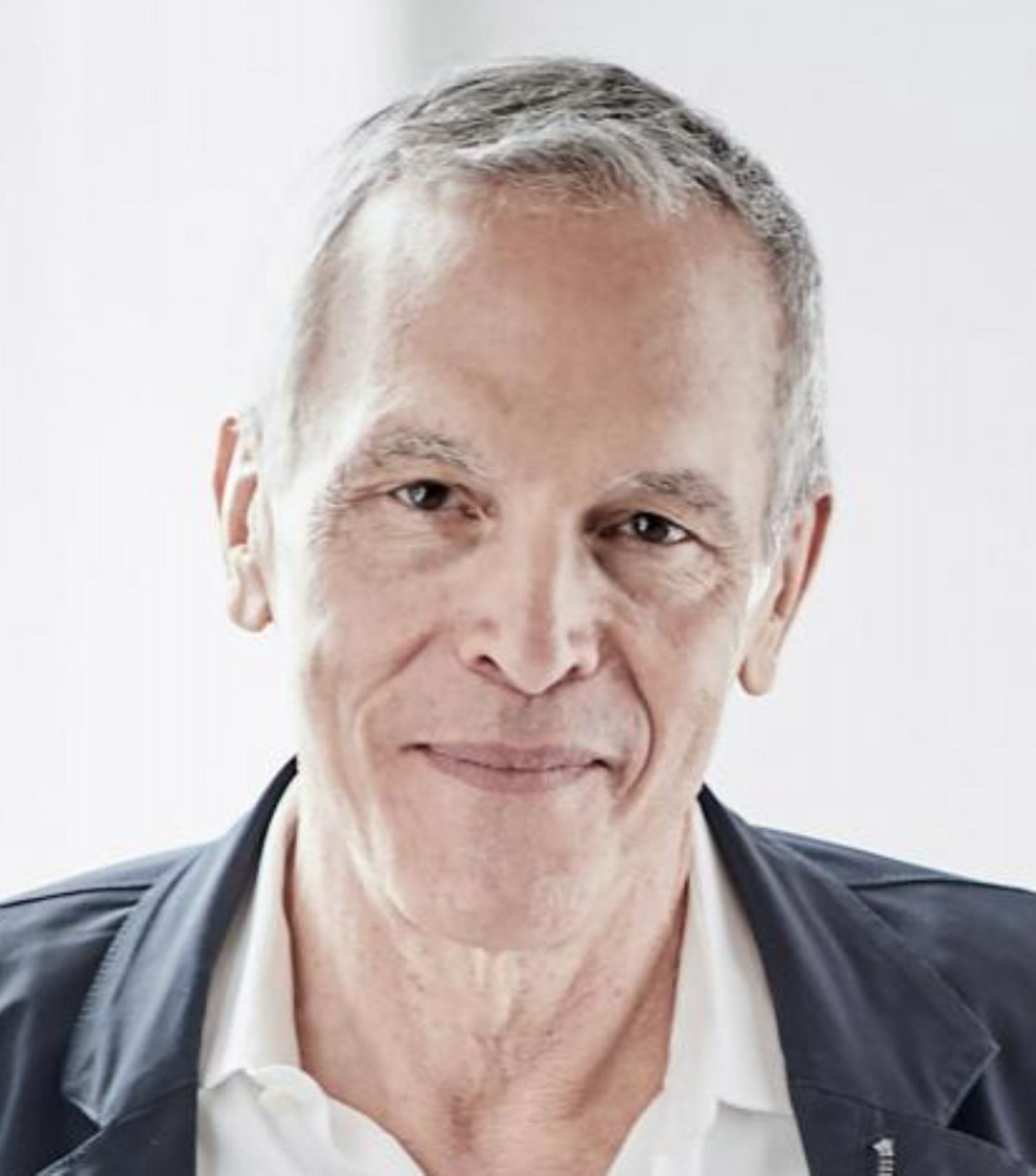 Professor Paul Pangaro
Professor Paul Pangaro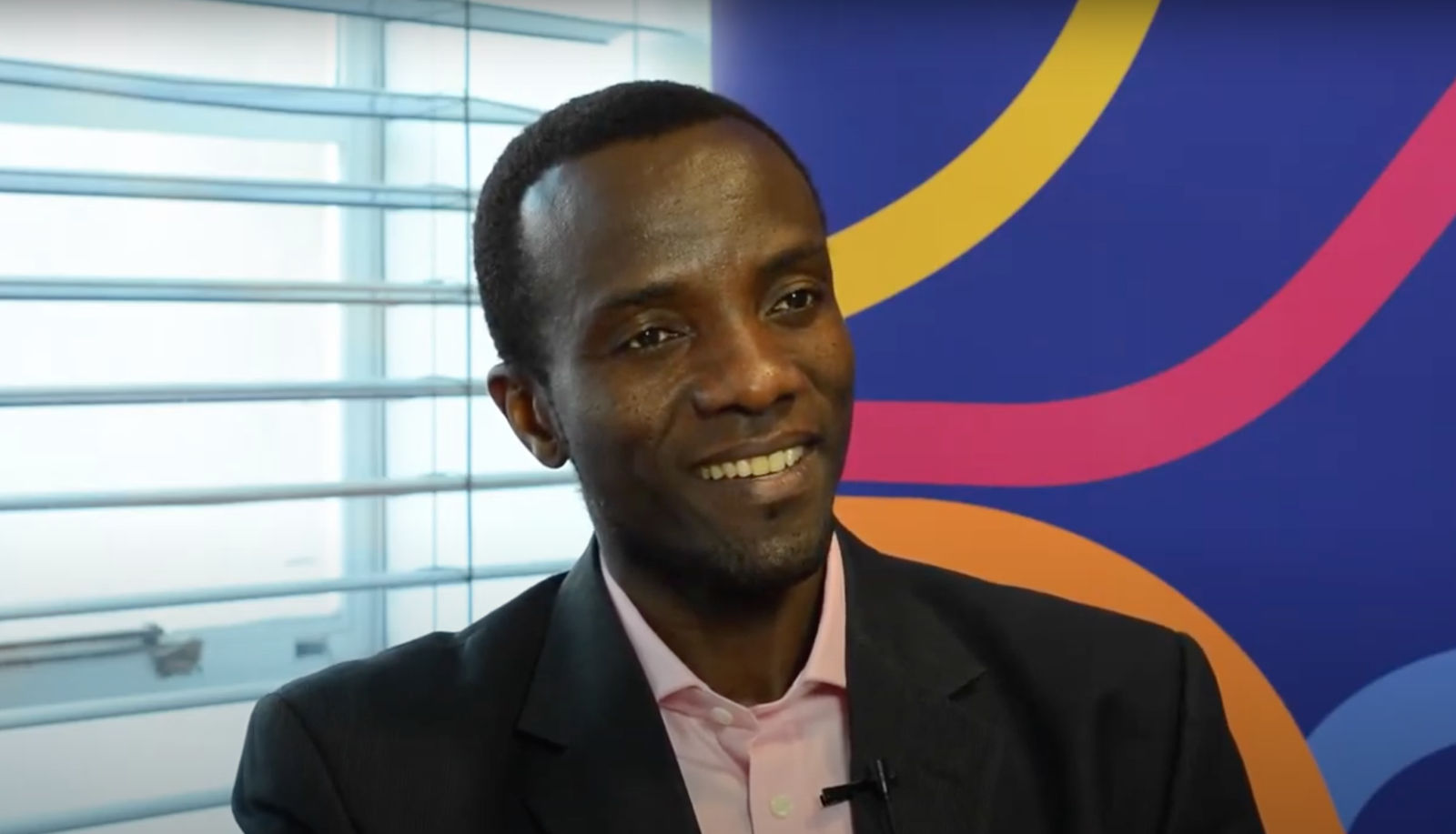 Dr Alexander Komashie
Dr Alexander Komashie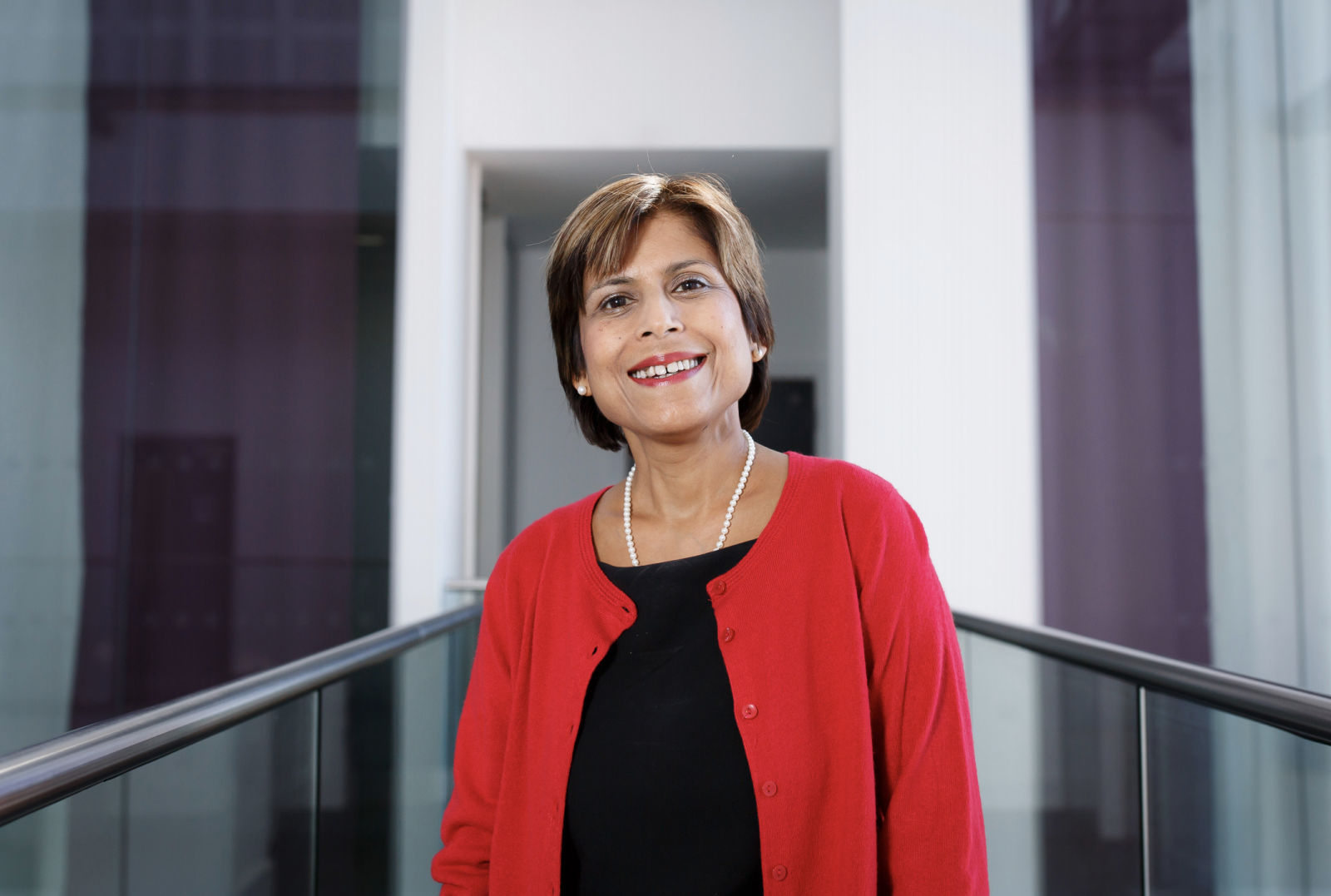 Professor Anita Thapar
Professor Anita Thapar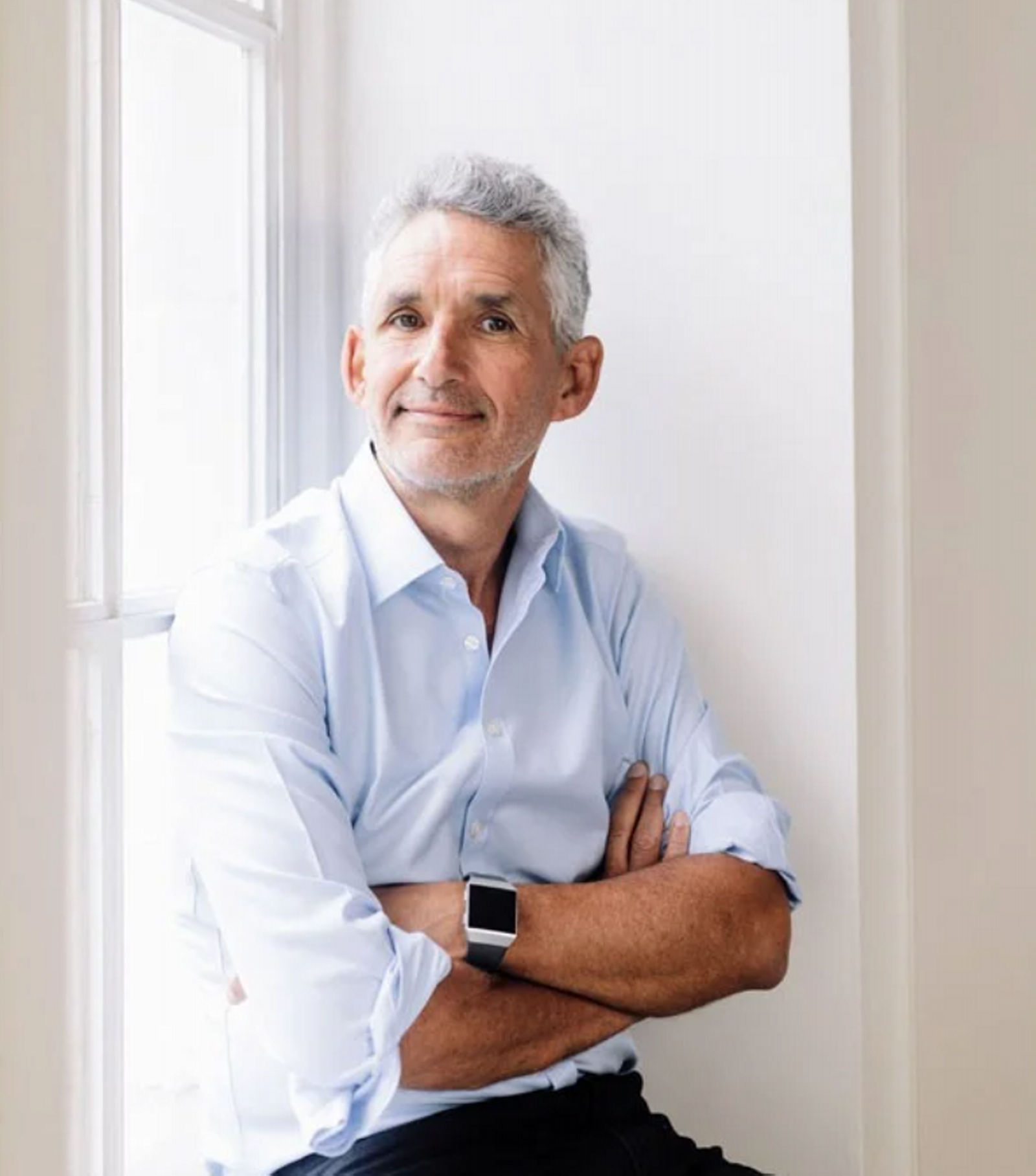 Professor Tim Spector
Professor Tim Spector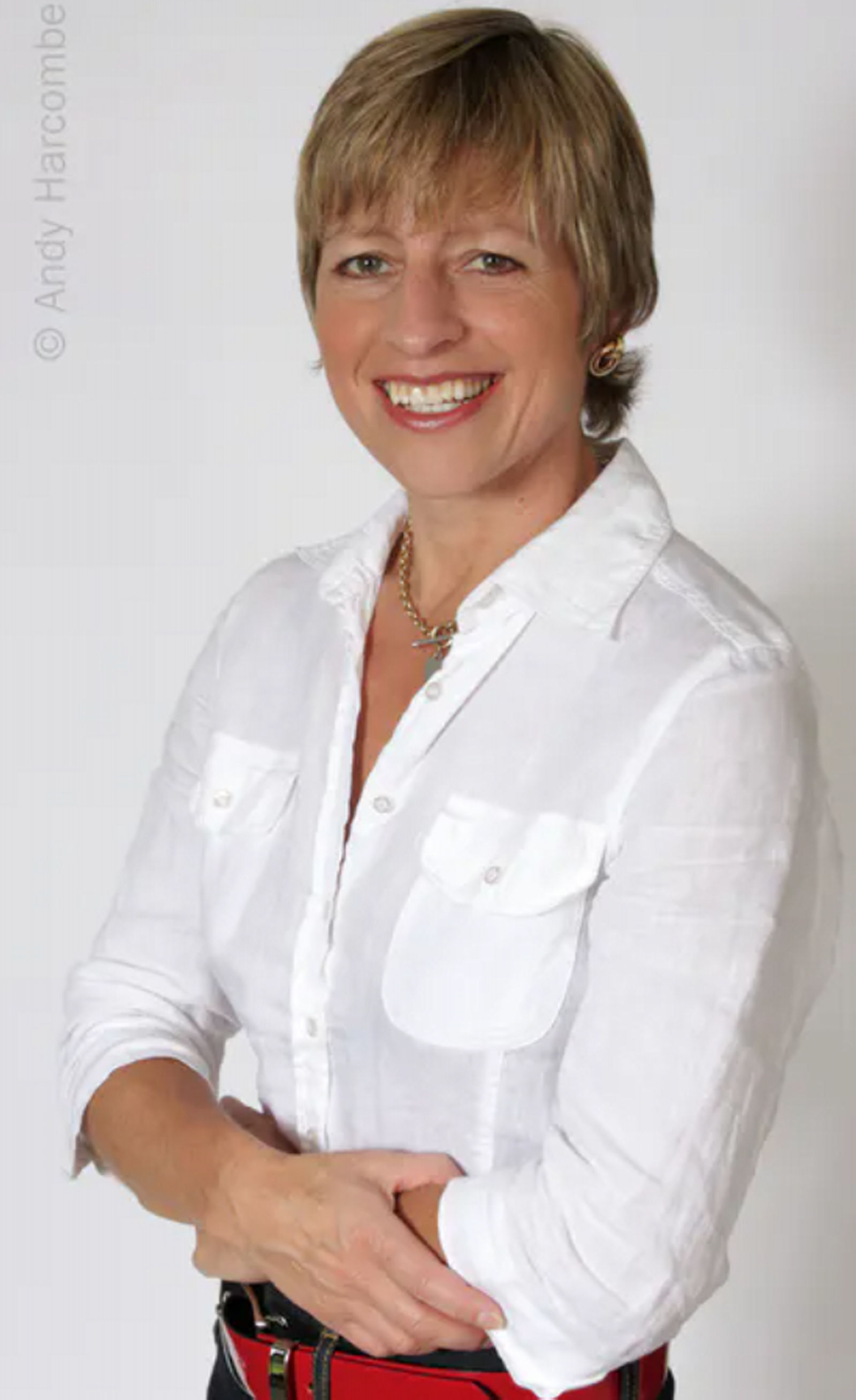 Dr Zoë Harcombe
Dr Zoë Harcombe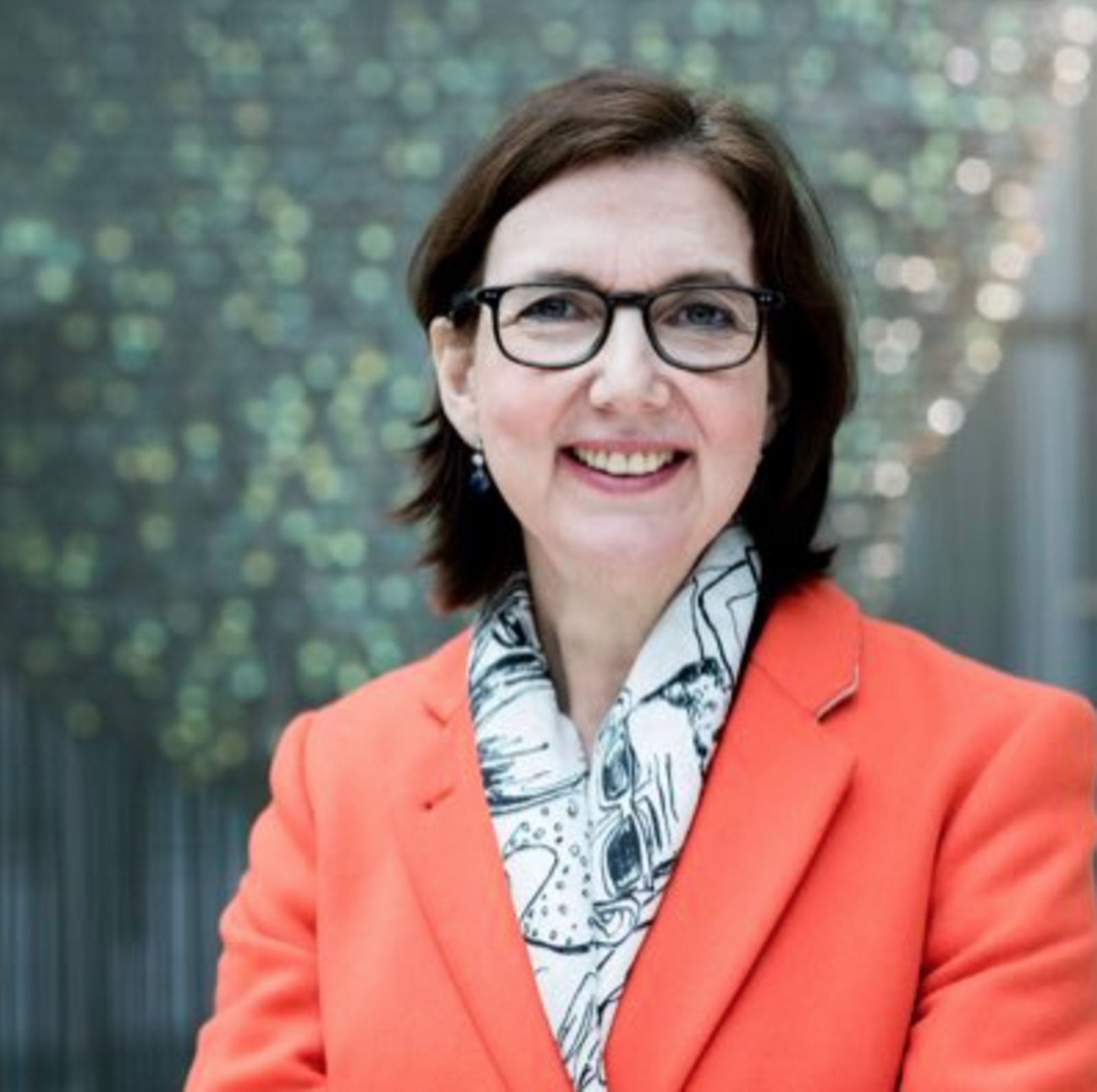 Professor Miranda Wolpert MBE
Professor Miranda Wolpert MBE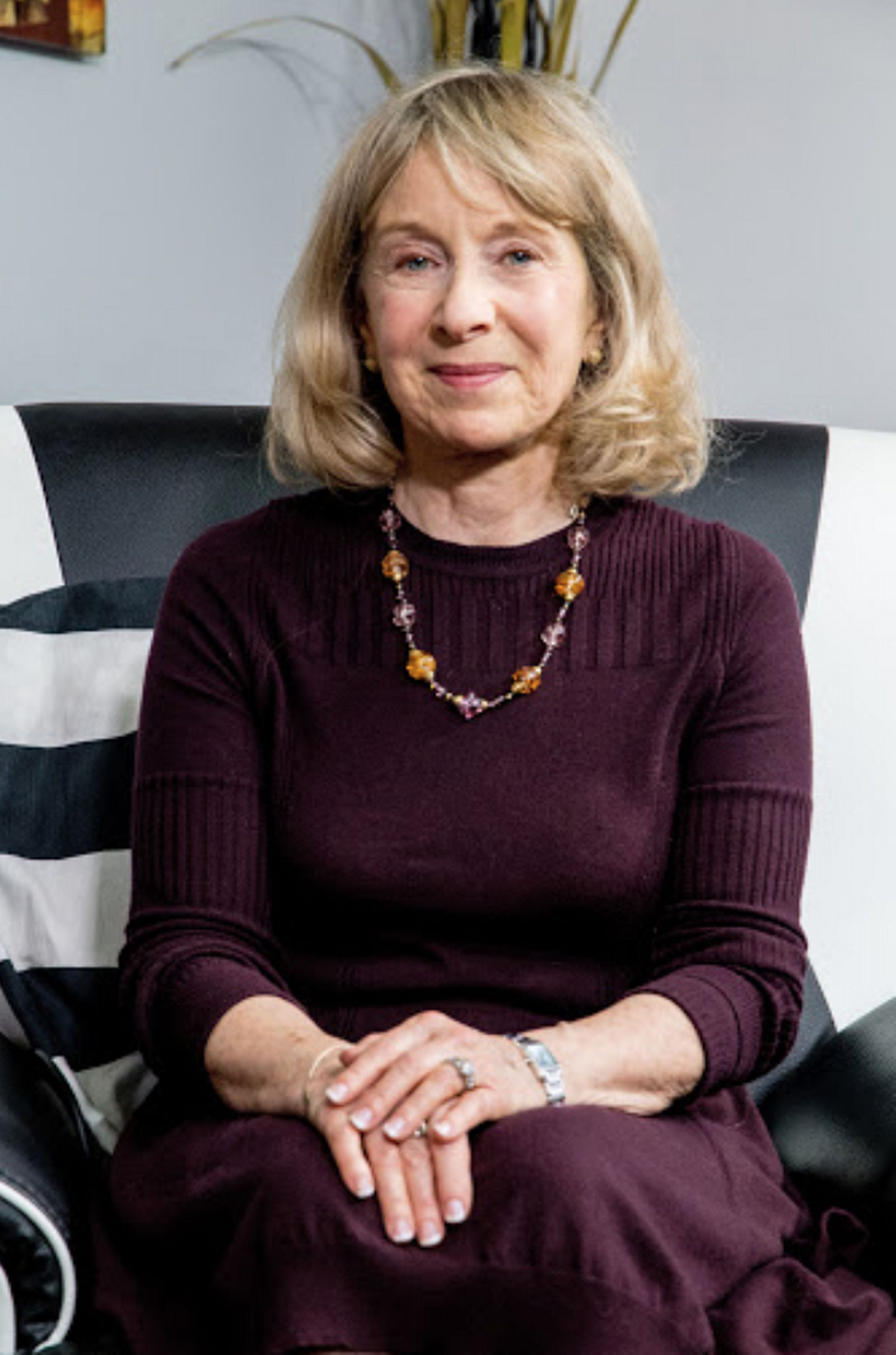 Deanne Jade
Deanne Jade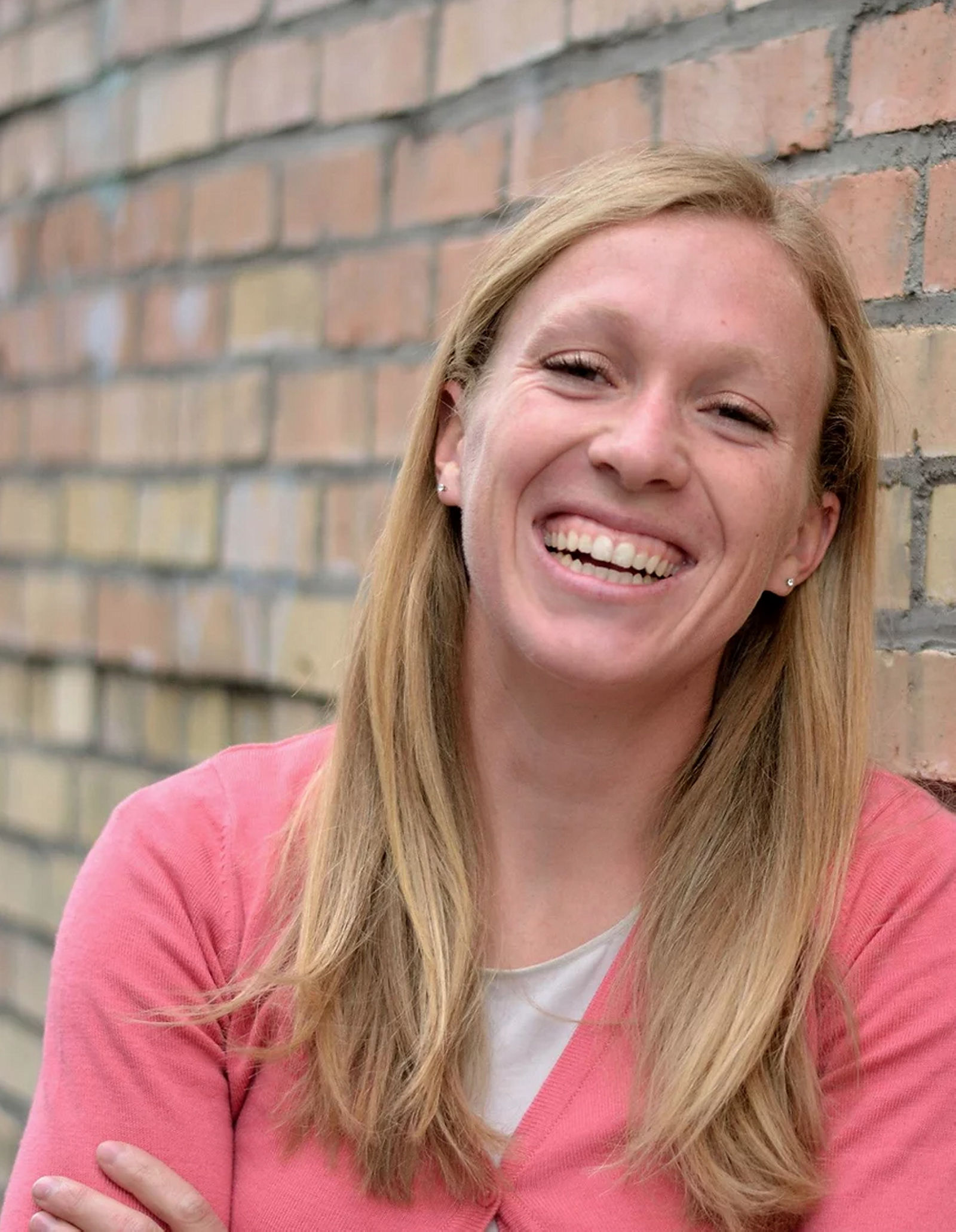 Emma McAdam
Emma McAdam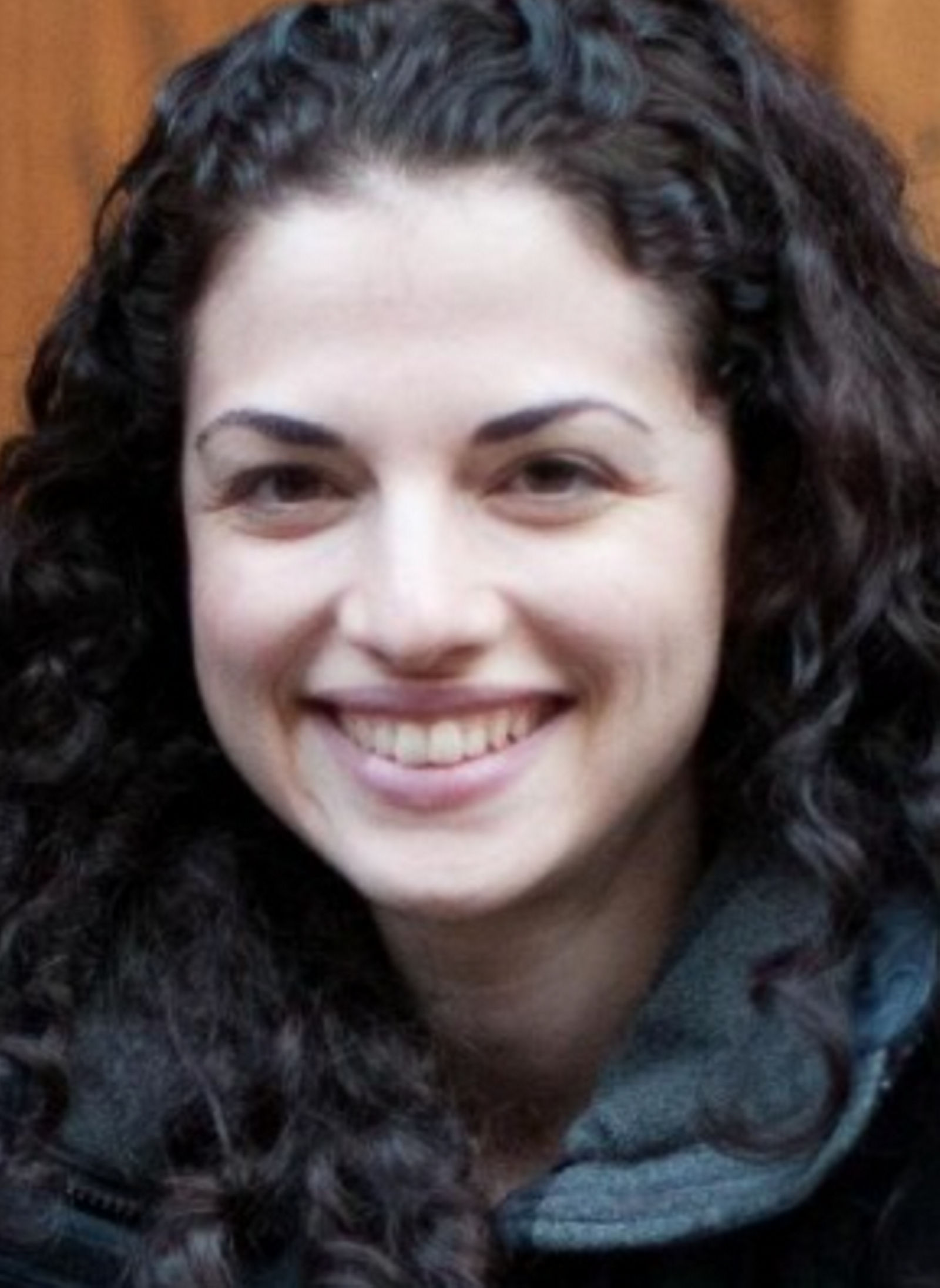 Brenna Sniderman
Brenna Sniderman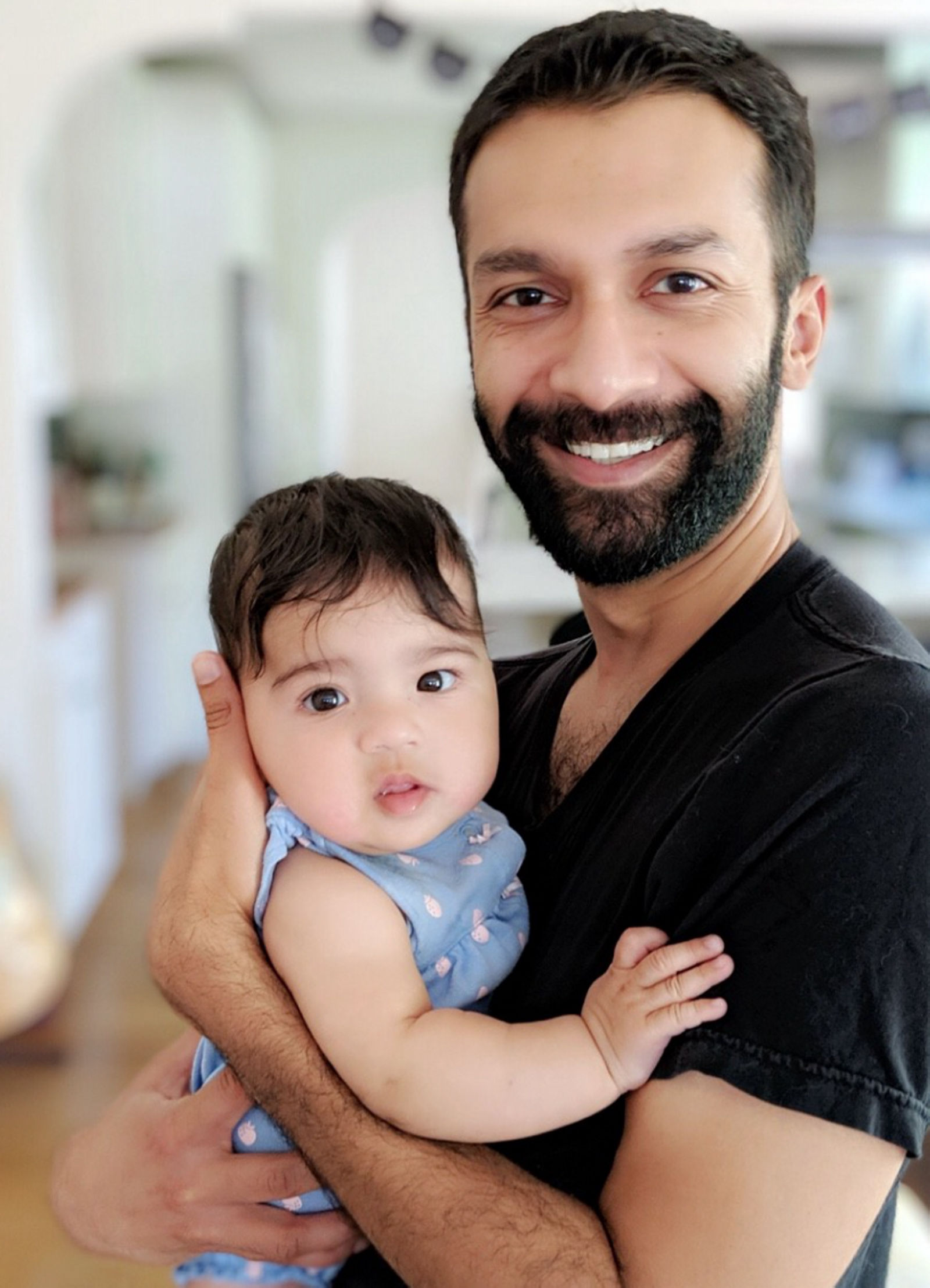 Rohan Seth and Lydia
Rohan Seth and Lydia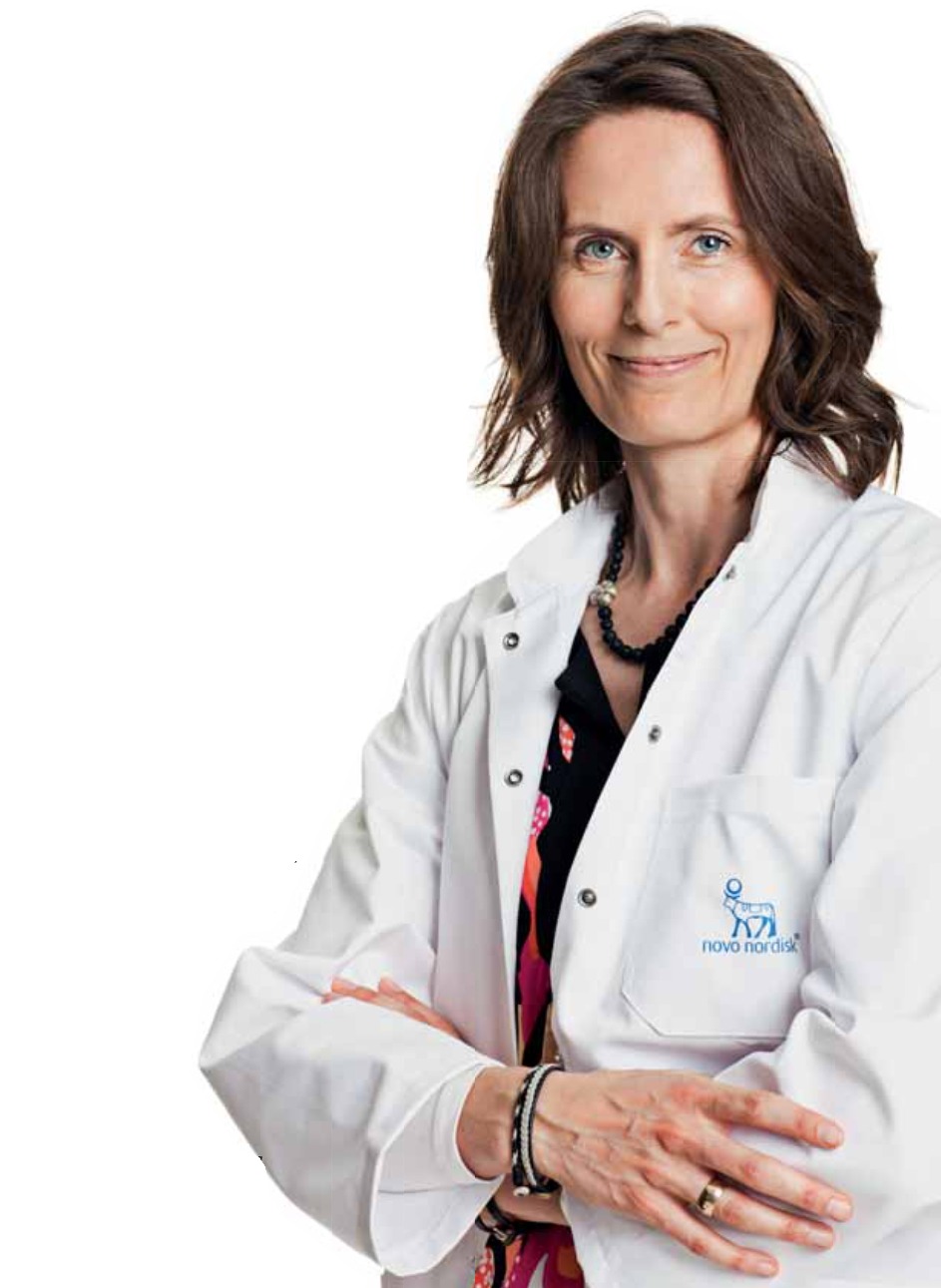 Dr Marianne Ølholm Larsen Grønning
Dr Marianne Ølholm Larsen Grønning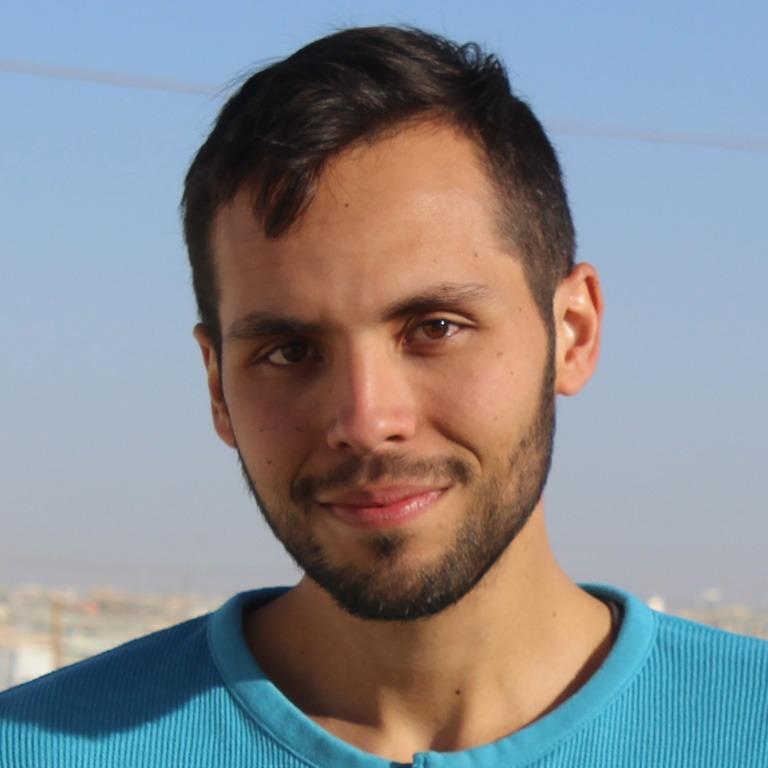 Michael Niconchuk
Michael Niconchuk

